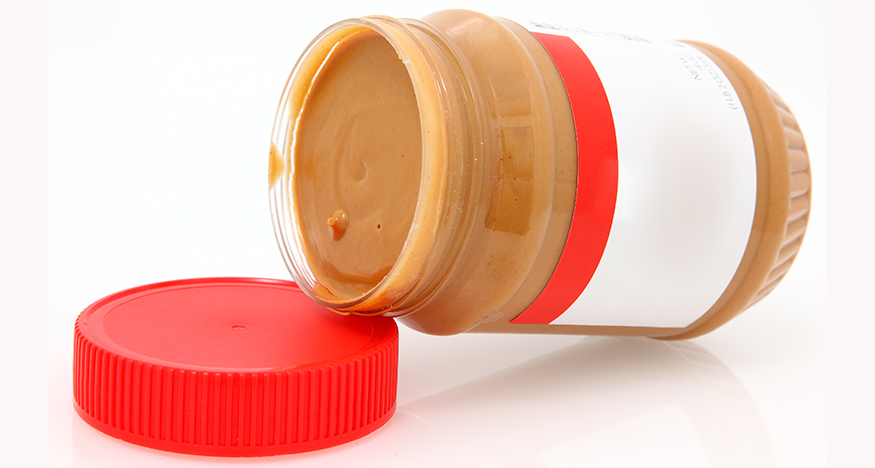White labeling is a business strategy that has gained immense popularity in recent years, allowing importers to expand their product line without significant investment in manufacturing and R&D. One of the most sought-after products for white labeling is peanut butter, a versatile and delicious spread loved by people of all ages. This article serves as a comprehensive guide for importers looking to venture into the world of white labeling peanut butter, exploring the benefits, challenges, and crucial steps involved in the process.
I. Understanding White Labeling
Whitelabeling is a business model where a company sources products from a third-party manufacturer and sells them under their own brand name and packaging. For peanut butter importers, this presents an excellent opportunity to add value to their existing product line without having to produce the peanut butter themselves. By doing so, they can focus on marketing, distribution, and building their brand, while the manufacturing process is left in the hands of experts.
II. The Advantages of White Labeling Peanut Butter
Low Investment and Reduced Risks: Whitelabeling peanut butter eliminates the need for importers to invest heavily in production facilities and equipment. This significantly reduces startup costs and mitigates risks associated with large-scale production.
Faster Time-to-Market: With whitelabeling, importers can quickly introduce peanut butter into their product catalog. They can leverage the manufacturer’s existing expertise and production capabilities to launch the product in a shorter time frame.
Focus on Branding and Marketing: By outsourcing the production process, importers can concentrate their efforts on building a strong brand identity and implementing effective marketing strategies to promote their peanut butter product.
Access to Expertise: Choosing a reliable and experienced peanut butter manufacturer ensures that importers get access to experts in the field who understand the intricacies of peanut butter production, ensuring a high-quality end product.
III. Selecting the Right Peanut Butter Manufacturer
Quality Standards: Ensure that the chosen manufacturer follows strict quality standards and has the necessary certifications to produce safe and compliant peanut butter products. Conduct thorough research and inspections to validate their quality control processes.
Customization Options: Look for a manufacturer that offers customization options for the peanut butter product. This includes the choice of ingredients, packaging design, and label branding to match the importer’s vision and target market.
Minimum Order Quantities (MOQs): Evaluate the manufacturer’s MOQs to determine if they align with the importer’s business requirements and financial capabilities. Negotiate with the manufacturer to find a suitable arrangement.
Traceability and Supply Chain Transparency: Ensure that the manufacturer maintains proper traceability throughout the supply chain, from sourcing ingredients to production and packaging. Transparency is crucial to guarantee the product’s authenticity and safety.
IV. Legal and Regulatory Considerations
Labeling and Compliance: Adhere to the labeling regulations of both the exporting and importing countries. Include all mandatory information such as nutritional facts, ingredients, allergen warnings, and country of origin.
Intellectual Property Rights (IPR): Respect intellectual property rights and trademarks. Conduct a thorough search to ensure the chosen brand name and packaging do not infringe on any existing trademarks.
Import and Export Regulations: Understand the import and export regulations of both the manufacturer’s country and the importer’s country to avoid any legal hurdles during the shipping process.
V. Marketing and Branding
Product Positioning: Define a unique selling proposition (USP) for the peanut butter product to differentiate it from competitors. Understand the target audience and tailor the product positioning accordingly.
Packaging Design: Invest in attractive and informative packaging that aligns with the brand’s image. Eye-catching packaging can significantly impact consumer purchasing decisions.
White labeling peanut butter provides importers with an opportunity to diversify their product line and tap into the growing demand for this beloved spread. By carefully selecting the right manufacturer like Nuflower, importers can successfully introduce their own branded peanut butter products to the market. The potential for growth and profit is significant, making white labeling an attractive option for importers looking to expand their business horizon.

